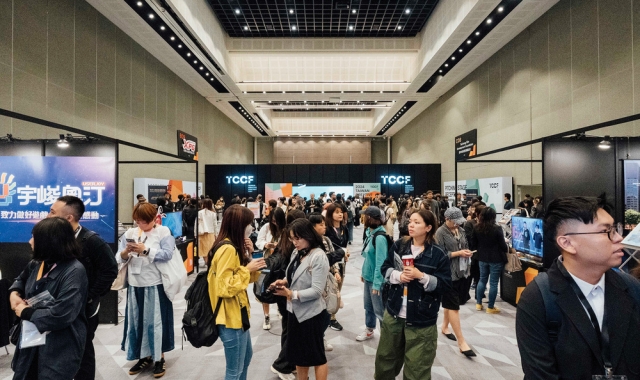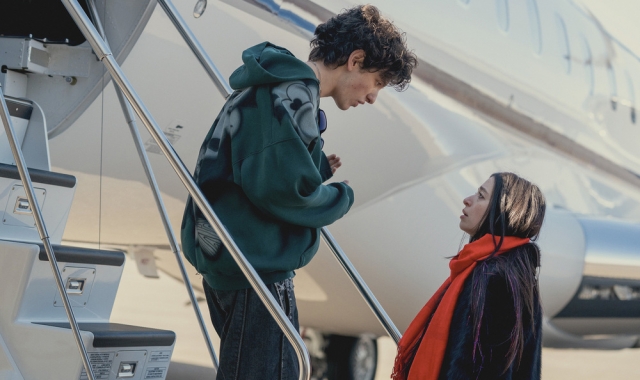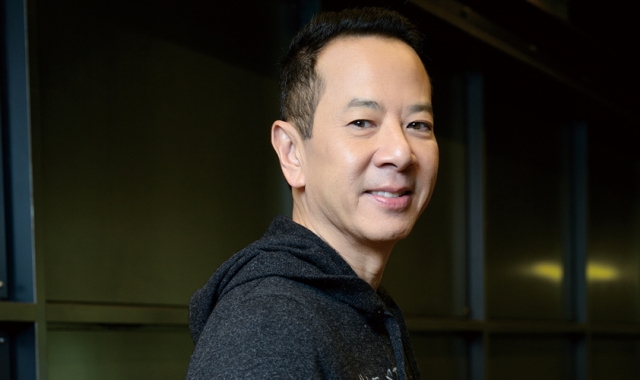
최근에 삼성경제연구소는 <실미도>가 한국 경제에 3천억원의 순이익을 가져올 것이라고 내다봤다. 한국영화가 단순한 표 판매총액말고도 경제에 기여하고 있다는 점을 알아주니 좋은 일이다. 국내 영화산업이 강해서 생기는 장기적인 경제적 이익(문화적 이익은 말할 것도 없이)은 한눈에 바로 들어오지 않는 경우가 많다. 마찬가지로 로케이션 촬영은 대다수 사람들이 실감하는 것보다 훨씬 더 경제에 기여할 수 있는 활동이다. 최근 몇년 사이 프라하나 뉴질랜드 같은 곳은 전세계의 대규모 영화 제작팀들이 들렀다 가는 곳이 되었다. 할리우드, 프랑스 등 어디에서든 이들 제작팀이 오면서 막대한 수입과 많은 일자리가 생기며, 결국 촬영지를 제공한 나라의 무료 홍보까지 해주곤 한다(<반지의 제왕>이 뉴질랜드에 해준 것을 떠올려보라). 다른 대다수 산업에 비해 영화제작은 환경파괴 또한 매우 적은 편이다.
한국 현지에서 세계적인 대규모 작품이 촬영된 적은 아직 없지만 언젠가 그날이 올 수도 있다. 꼭 한국에 관한 영화일 필요는 없다. 예컨대 <킬 빌>의 일본장면은 중국에서 찍은 게 많다.
최근 부산영상위원회가 주최한 아시안 필름커미션 네트워크(AFCN) 준비회의에서 <레드 드래곤> <스타쉽 트루퍼스> 같은 대규모 영화의 로케이션을 담당했던 할리우드 로케이션 매니저 빌 볼링을 만났다. 그는 국제적인 제작물의 촬영지를 결정하는 요소로 독특한 경관, 다양한 건축양식, 훈련된 기술인력, 좋은 통·번역가, 스튜디오 공간, 영상위원회의 전문적인 지원 등을 꼽았다. 환율, 임금, 세금 관련 비용 등 재정적인 요소도 매우 중요했다. 제작자는 촬영지에 참여하는 제작진 모두의 안전이 보장된다는 것도 확신할 수 있어야 했다.
그가 언급한 것을 바탕으로 해외 촬영지로서의 한국의 강점과 약점을 어림잡아볼 수 있다. 다른 아시아 나라들에 비해 한국은 부산영상위원회 같은 단체를 통해 강력한 촬영지원 시스템을 개발하고 있다. 훈련된 기술인력이나 스튜디오 공간도 구하기 쉽다. 이런 점은 외국 영화제작자들이 꽤 편하게 촬영할 수 있게 하는 점들이다. 한 가지 단점은 한국은 인구밀도가 높고, 개발이 많이 되어 있다는 점이다. 볼링은 한국이 시대극을 찍기에는 빌딩숲, 전선, 표지판이 너무 많다는 것에 약간 실망한 듯 보였다. 제주도 같은 데라면 외국인들이 가장 많은 가능성을 발견할 수 있는 곳일지 모른다.
하나 가장 큰 요소는 비용이다. 한국의 환율과 임금은 일본에 비하면 낮지만 다른 아시아 국가들에 비해서는 그렇지 않다. 자기 나라에 영화 촬영을 유치하려는 유럽 각국 정부들은 외국 영화제작자들에게 세금우대 등 재정적인 인센티브를 주곤 한다. 이는 아시아에서는 별로 흔치 않은 풍경이다. 현지 로케이션 촬영에서 오는 이익이 바로 드러나지 않기 때문에 정치인들에게 외국 영화제작자를 위해 세금우대를 하자는 것은 잘 먹혀들지 않는다. 그럼에도 불구하고 자국경제로 자금이 유입되기를 원한다면 한국 정치인들도 이를 고려해야 할 것이다.
Would Hollywood Shoot a Blockbuster in Korea?
Recently, the Samsung Economic Research Institute estimated that the film Silmido would provide a net benefit of 300 billion won to theKorean economy. It was nice to see some recognition that local films contribute more to the economy than just the sum of their ticket sales. Many of the long-term economic (to say nothing of cultural) benefits brought by a strong local film industry are not obvious to the eye.
In a similar way, location shooting is an activity that can contribute a great deal more to the economy than most people realize. In recent years, places like Prague and New Zealand have become common stops for big-budget film productions from around the world. These productions -- from Hollywood, France or wherever -- bring in a large amount of money and jobs, and often end up providing free publicity for the host country (think of what Lord of the Rings did for New Zealand). Compared to most other industries, it also provides very little damage to the environment.
Korea has yet to host the shooting of a big-budget international production, but it could happen someday. It doesn't necessarily have to be a film about Korea -- many of the Japanese scenes from Kill Bill: Volume 1 were shot in China, for example.
During the recent organizational meeting for the Asian Film Commissions Network (AFCNet) hosted by the Busan Film Commission, I met Hollywood location manager Bill Bowling, who arranged the locations for many big-budget films like Red Dragon and Starship Troopers. He spoke a bit about the factors that determine where international productions are shot, for example: unique locations, a variety of architecture, trained crewmembers, good translators, stage space, and professional support from film commissions. Financial factors were also extremely important: exchange rates, labor wages, and tax issues. Producers also had to be assured that shooting locations were safe for everyone involved.
Based on what he said, one can guess about Korea's strengths and weaknesses as a location for foreign shoots. Compared to other Asian countries, Korea is developing a strong shooting support system through organizations like the Busan Film Commission. Trained crewmembers are easy to find, as well as stage space. This could make shooting quite convenient for foreign filmmakers.
One disadvantage is that Korea is so densely populated, and so developed. Mr. Bowling seemed a little disappointed to see so many buildings, electrical wires and signs that would make it difficult to shoot a period film. Perhaps a place like Jeju-do would provide the greatest possibilities for foreign filmmakers.
The key factor, however, is money. Korea's exchange rate and cost of labor are lower than in Japan, but not compared to most other Asian countries. Governments in Europe who want to promote location shooting in their country often provide tax breaks and other financial incentives to foreign filmmakers. For countries in Asia, this is less common. Convincing politicians to give tax breaks to foreign filmmakers is not easy, because the benefits of location shooting are not always obvious. Nonetheless, Korean politicians should consider this if they want to inject some money into the local economy.






